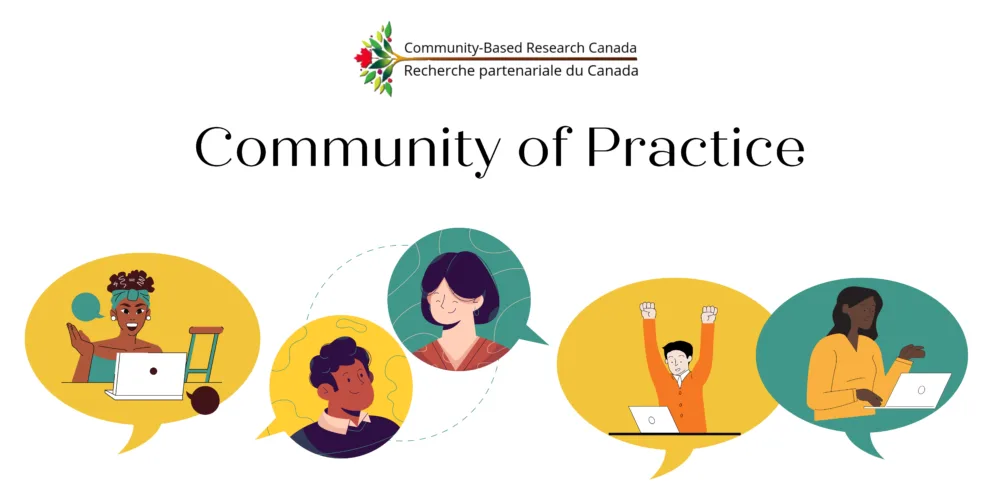PHY1610 Scientific Computing Lecture
This course is aimed at reducing your struggle in getting started with computational projects, and make you a more efficient computational scientist. Topics include well-established best practices for developing software as it applies to scientific computations, common numerical techniques and packages, and aspects of high performance computing. While we will introduce the C++ language, in […]


